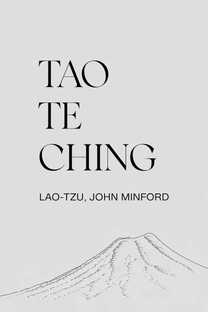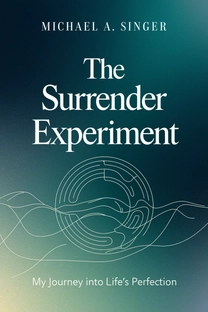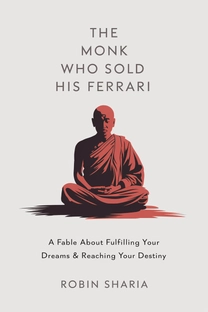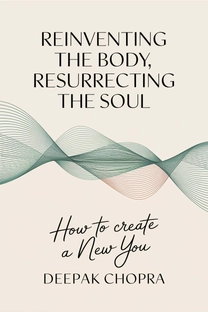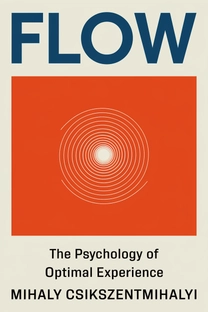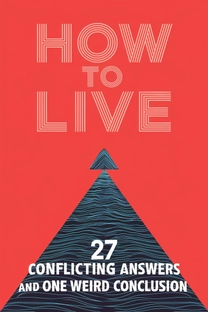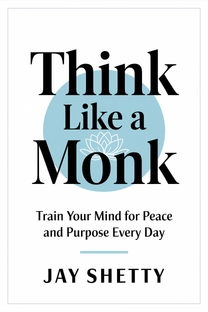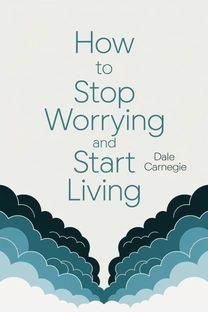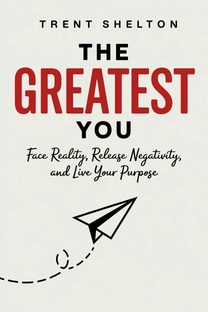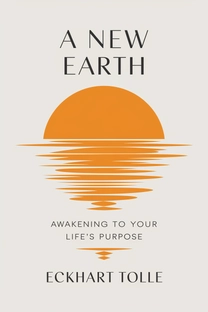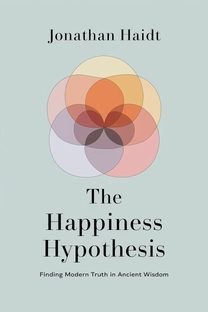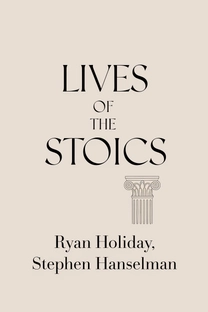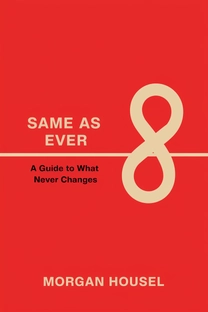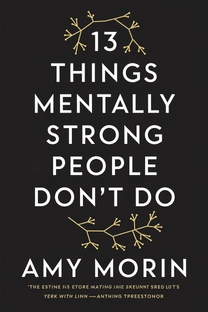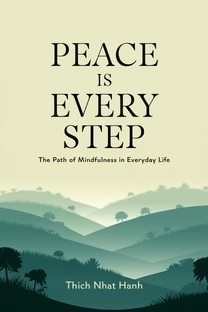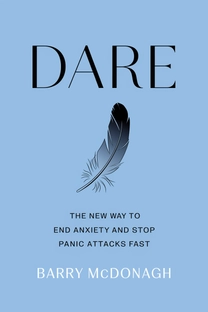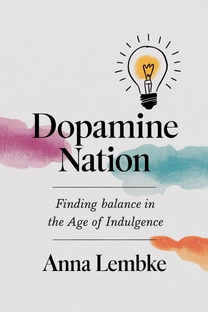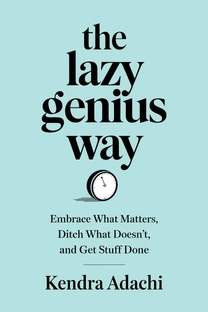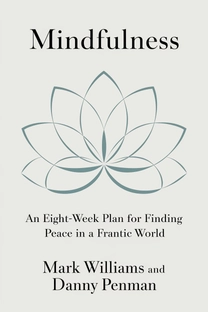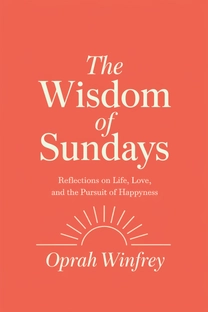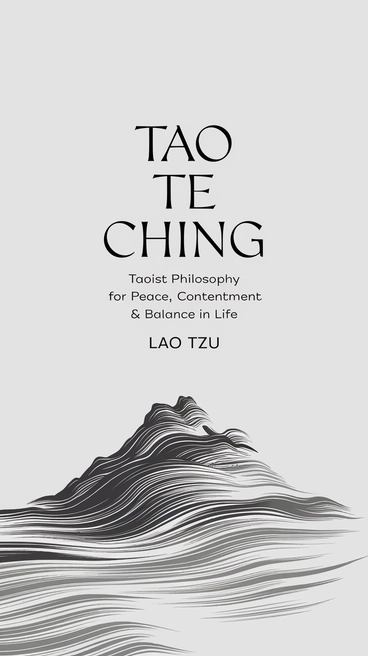
Tao Te Ching
Taoist Philosophy for Peace, Contentment & Balance in Life
by Lao Tzu
Brief overview
This book introduces the timeless teachings of the Tao Te Ching, a classic of Chinese philosophy that offers a fresh perspective on living in harmony with nature, society, and oneself. Through poetic meditations and guiding principles, it emphasizes humility, non-action, and flexibility as paths to personal fulfillment and balanced leadership. Readers can expect to gain insight into Taoist wisdom that remains deeply relevant for modern life.
Introduction
The Tao Te Ching, attributed to Lao Tzu, is an ancient Chinese text that captured the imagination of countless readers. Although its origins are mysterious, its key principles resonate across cultures. At its heart lies the concept of the Tao—the underlying way or path that shapes the universe.
Taoism encourages us to work with the natural flow of life rather than forcing outcomes. This idea, called wu-wei or non-action, challenges our typical approach of constant striving. Instead, we learn to observe more and intervene less, preserving our energy for what truly matters.
Throughout history, scholars and thinkers have debated whether Lao Tzu was a single person or a symbolic figure. But regardless of its authorship, the Tao Te Ching remains a profound guide to living simply, leading gently, and cultivating harmony.
The Mystery of the Tao
The Tao is often described as the ultimate reality and creative source. It is beyond naming or definition, because naming imposes limits. The Tao, in contrast, is infinite and ever-present—like the emptiness that births all form.
This ungraspable nature is precisely why it’s so potent. Much like water, it may appear humble, yet it slowly shapes mountains and carves valleys. By appreciating this mystery, we learn to question our assumptions and open ourselves to deeper insight.
The text repeatedly points out that anything too rigid eventually breaks. In contrast, the Tao stays flexible, moving through every challenge without becoming ensnared. Letting yourself be shaped by life’s currents, rather than resisting them, is a key lesson.
What is Tao Te Ching about?
Tao Te Ching, penned over two millennia ago by the enigmatic Lao Tzu, offers a timeless exploration of philosophical ideas central to Taoism. The text unfolds the concept of the "Tao" or "Way," a profound principle that suggests living in harmony with the universe by embracing simplicity, humility, and non-action (wu-wei). This philosophy challenges the modern pursuit of control, urging individuals to flow with life’s currents instead. It fosters tranquility, resilience, and a balanced approach to both personal life and leadership.
Structured as a collection of 81 short, poetic chapters, the Tao Te Ching provides readers with enduring insights into achieving peace and contentment through profound acceptance and flexibility. It emphasizes the power of softness and humility over force and pride, suggesting that letting go of rigid desires fosters a deeper sense of freedom and fulfillment. By turning to these time-honored teachings, readers can explore a fresh path toward internal balance and alignment with their surroundings.
In a world saturated with complexities, Lao Tzu’s work serves as a beacon, inviting us to relinquish unnecessary striving and embrace the beauty of emptiness and the virtue of inaction. Its wisdom transcends time—guiding leaders, thinkers, and everyday seekers toward living in concert with the ungraspable yet omnipresent Tao.
Review of Tao Te Ching
The Tao Te Ching stands as a pillar of wisdom, offering guidance that spans more than just personal well-being; it extends to community and leadership dynamics. One of the book’s defining strengths is its unpretentious approach to living laced with mysticism and practicality. Lao Tzu proposes that embracing the mysterious "Tao" allows one to navigate life's demands with grace, suggesting that resistance often exacerbates struggles while acceptance fosters resilience and insight.
This slender tome is particularly celebrated for its clarity in articulating complex ideas. Each brief chapter serves as a meditation, accessible yet infinitely profound, inviting readers of all backgrounds to explore its layers over a lifetime. Key takeaways include the art of "wu-wei" or non-doing—a principle assuring that meaningful action arises from calm and understanding, not forceful imposition. For leaders, this resonates as the heart of effective governance, a reminder that gentle guidance and humility often yield robust outcomes.
While its wisdom might seem esoteric to the uninitiated, the writing style remains refreshingly accessible, capable of engaging novice and seasoned readers alike. By stripping away societal noise, the book uncovers simple truths applicable to everything from personal growth to statecraft. As a universal guide, it’s no wonder that the Tao Te Ching remains revered as a manual for the mind and spirit. This compelling treatise is highly recommended for those keen to explore harmonious living and leadership through an ancient lens, modern in its relevance and timeless in its reach.
Who should read Tao Te Ching?
- <strong>Philosophers and Spiritual Seekers:</strong> Individuals interested in exploring deep existential questions and eastern philosophies will find the <b>Tao Te Ching</b> invaluable, connecting intellectual pursuit with spiritual insight.
- <strong>Leaders and Managers:</strong> Those in governance or management roles can discover unique, peaceful, and effective leadership strategies rooted in Taoist principles, offering an alternative to conventional methods.
- <strong>Mindfulness Practitioners and Yogis:</strong> For practitioners seeking a philosophical foundation for mindfulness, this text offers profound meditations on presence and effortless action, enhancing personal growth.
- <strong>Environmental Advocates:</strong> The book's core ideas about living harmoniously with nature resonate deeply with those dedicated to sustainability and ecological balance.
- <strong>Individuals Seeking Balance and Peace:</strong> Anyone experiencing stress from modern life pressures can benefit from the book's advice to let go and embrace simplicity, opening pathways to inner tranquility.
About the author
Book summaries like Tao Te Ching
Why readers love Mindleap
10-Minute Book Insights
Get the core ideas from the world's best books in just 10 minutes of reading or listening.
Curated For You
Discover your next favorite book with personalized recommendations based on your interests.
AI Book ExpertNew
Chat with our AI to help find the best book for you and your goals.
Reviews of MindLeap
Love how I can get the key ideas from books in just 15 minutes! Perfect for my busy schedule and helps me decide which books to read in full.
Alex R.
The summaries are incredibly well-written and the audio feature is perfect for my commute. Such a time-saver!
Jessica M.
Great app for personal growth. The insights are clear and actionable, and I love how they capture the essence of each book.
Chris P.
The app is beautifully designed and the summaries are top-notch. Definitely worth every penny!
Sarah K.


